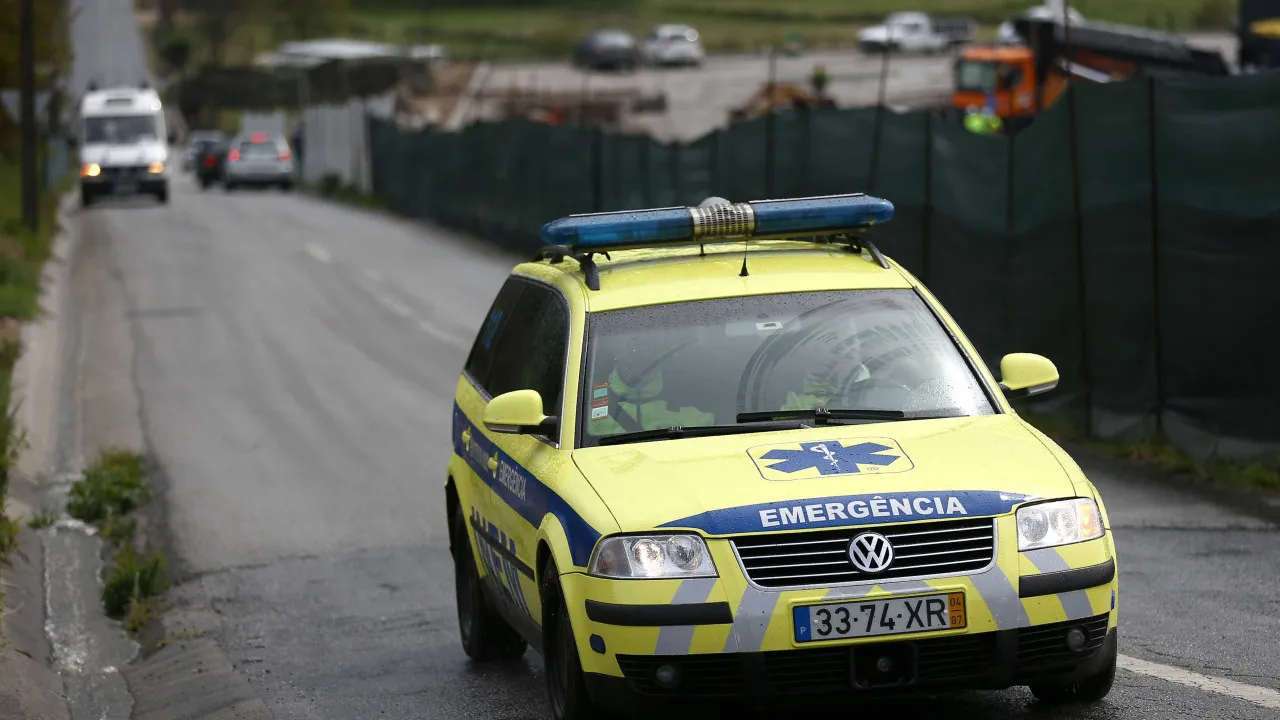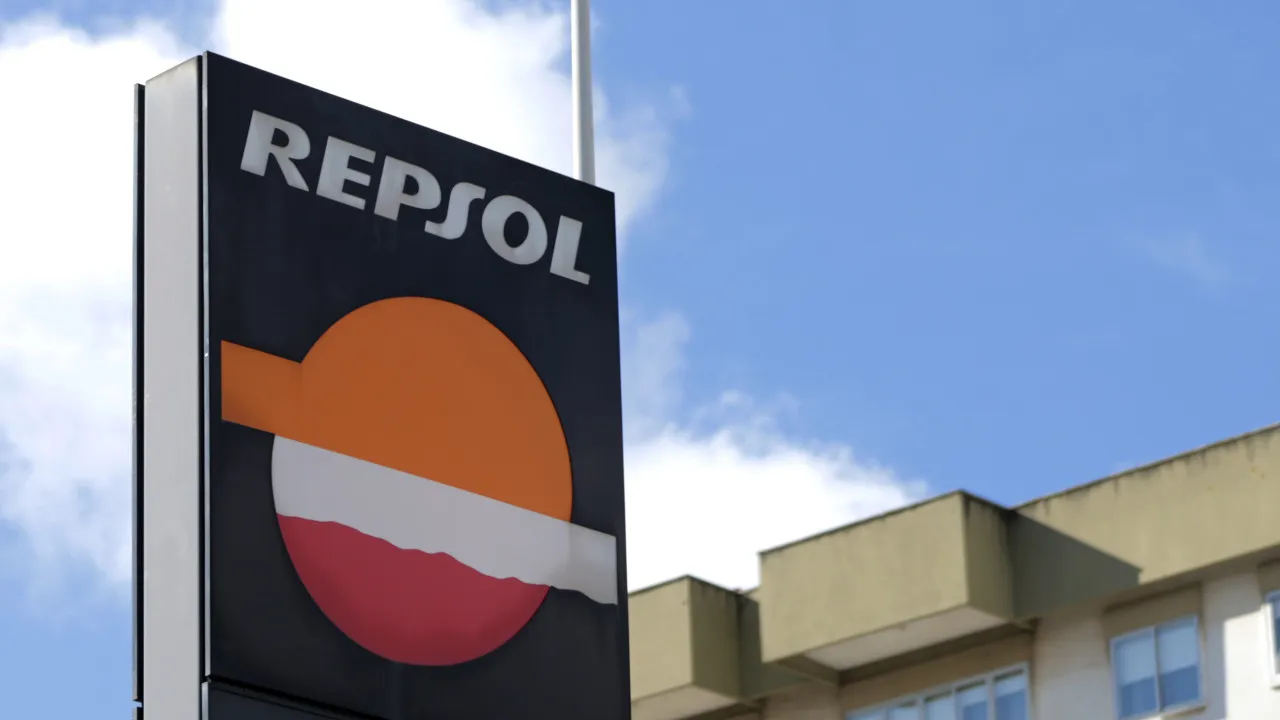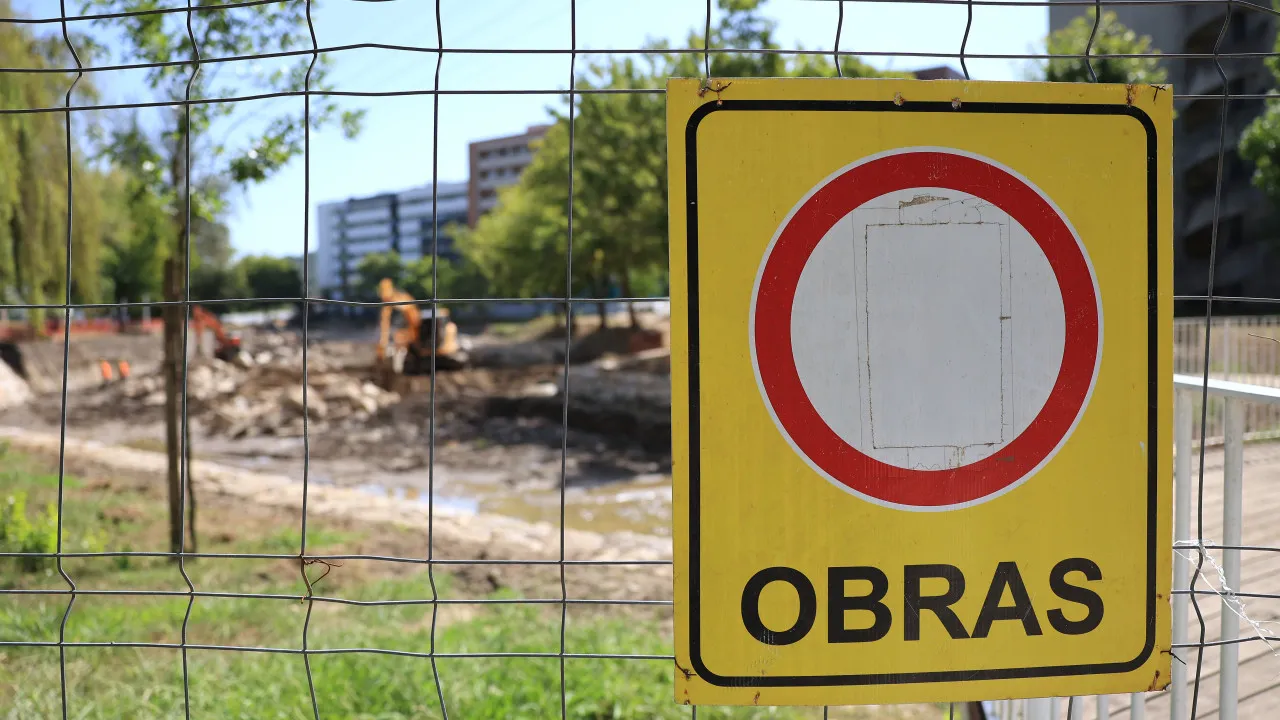
The Inspection-General of Health Activities (IGAS) report reveals details about an incident involving the wife of a myocardial infarction victim on October 31, during a strike by pre-hospital emergency technicians at INEM. The initial contact with emergency services was made at 15:45, but the call went unanswered, and the case was only officially recorded at 16:12.
A Porto Urgent Patient Guidance Center (CODU) technician testified to IGAS that the call ended up in the “112 Separator” as it was not answered by the national CODU, leaving it on hold until 17:00 when CODU/Coimbra handled it, over an hour after the initial contact.
Following data transfer by CODU/Coimbra, CODU/Porto activated a Bragança Volunteer Fire Department ambulance at 17:04, which arrived at 17:08.
The more specialized Medical Emergency and Resuscitation Vehicle (VMER) from Bragança, located two kilometers from the victim’s home, was activated at 17:03 and reached the scene by 17:08.
An expert consulted by IGAS noted the low survival rate following cardiorespiratory arrest but emphasized the necessity of immediate resuscitation efforts and their continuation until pre-hospital emergency services arrive.
The report stresses that survival rates improve significantly with local access to an Automated External Defibrillator (AED), though in this case, resuscitation was not initiated, no AED was present, and delays exceeded 10 minutes.
Experts assert that the cardiorespiratory arrest began at 15:45, but basic life support measures did not commence until 17:08, over an hour and 20 minutes later.
IGAS describes the delay from initial emergency request to the arrival of advanced life support as “excessive, exaggerated, and unacceptable.”
The report concludes that timelier handling by CODU could have resulted in quicker assistance to the victim.
It acknowledges the delay in attention significantly impacted medical aid delivery but notes IGAS could not definitively determine responsibility for the calls waiting in the “112 Separator” when redirected to the national CODU.
Consequently, IGAS found it impractical to assign legal-disciplinary responsibility to individual workers.
Nonetheless, it suggests the possibility of state liability due to poor service function.
It references INEM’s Organic Law, which mandates the institution to define, organize, coordinate, participate in, and evaluate the integrated Medical Emergency System (SIEM) activities across Portugal to ensure timely and appropriate healthcare delivery to accident victims or sudden illness sufferers.
IGAS deems it imperative that calls to the national CODU not remain on hold for 48 minutes, respecting the cardiovascular pathology history and low survival probability post-arrest, emphasizing the need for INEM to promptly address the lack of timely response, a situation demanding “adequate reflection” by INEM to correct.
Furthermore, INEM should “promote suitable consideration on the ‘call back’ procedure and extended ‘call back’ time.”




